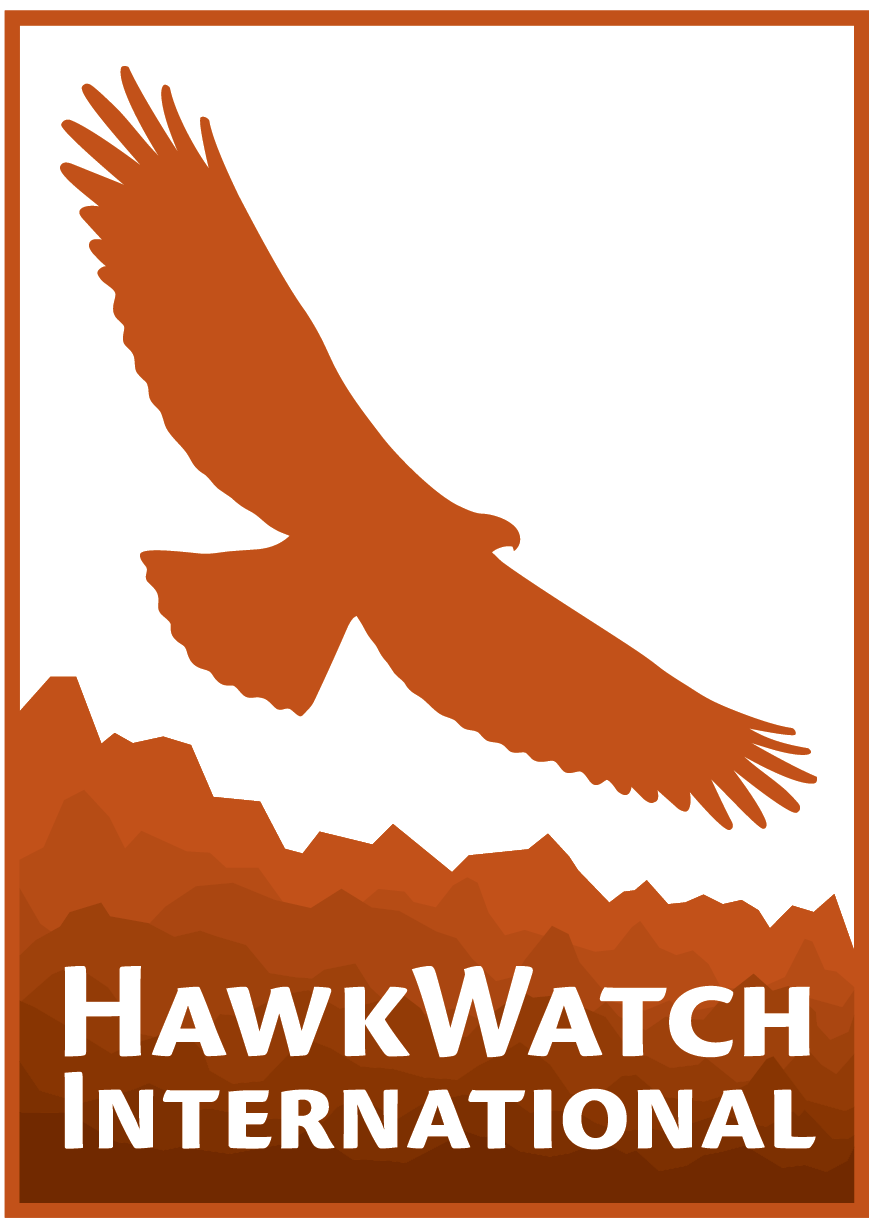Volunteer
Birds of a Feather Flock Together
Volunteers play a vital role in the success of our programs, and we cherish the relationships we build with our volunteers. We could not do this work without the generous volunteers who give us their time. Get ready to learn about raptor science, experience close encounters with live birds of prey, and be surrounded by like-minded nature enthusiasts.
Our volunteer programs do not run year-round. If you would like to be notified when opportunities open, fill out our interest form.
In Person Opportunities
Education Docent
HWI Education Docents learn how to handle live birds of prey and take them to outreach programs at schools, community partners, and private events across northern Utah. Education Docents are vital to helping us achieve our mission to conserve our shared environment through science education. Must be 18 years or older and live in the Salt Lake area.
Project Timeline and Commitment
Year-round, Docents must sign up for at least two programs or two training sessions per month and handle birds at least once per month.
How to Get Involved
We are not currently accepting new education docents. If you would like to be added to the waitlist of our next cohort, please fill out this form.
In-person CARES Community Scientist
Through our Cavity Adopting Raptor Ecology Studies (CARES) we monitor hundreds of nest boxes housing American Kestrels, Western Screech-owls, and more across the diverse landscapes of Utah’s Wasatch Front, Tuscon, AZ, and the Idaho/Washington border. Volunteers will be assigned a box (or several!) to monitor throughout the nesting season. You can learn more about CARES here.
Project Timeline and Commitment
Volunteers commit to a minimum of 2-3 hours of work every 7-10 days. The program lasts approximately from March-July.
How to Get Involved
Sign up for our orientation session on March 1st, 2025: https://form.jotform.com/HawkWatchInternational/cares-monitoring-orientation
Following Forest Owls
In partnership with Earthwatch, join us in one of two locations—in northern Utah or southeastern Arizona—to study owl ecology. During the day, you’ll measure owl habitat—locating tree cavities and taking GPS and other measurements. At night, you’ll listen for the low-pitched ‘boop’ of the Flammulated Owl, the high-pitched laughing of Elf Owls, or the non-stop ‘reverse signal’ tooting of the Northern Saw-whet owl while you survey for, capture, and band owls that fly above you. You can learn more about Following Forest Owls here.
Project Timeline and Commitment
Volunteers commit to one week of service between April and July. NOTE: This is a paid excursion. All volunteers must pay a fee to cover the cost of food, accommodations, and research costs for the trip. This fee and costs associated with travel for the excursion are tax-deductible.
How to Get Involved
Sign up for a spot on our 2025 and 2026 trips here!
Remote Opportunities
Remote CARES Community Scientist
Understanding what kestrels eat and if diets differ across landscapes can help us understand how diet might relate to American Kestrel decline. To document diet, HWI biologists install small cameras in select American Kestrel nests to record parents delivering food to nestlings. This opportunity involves reviewing nest box footage and recording data on prey items and their delivery.
Project Timeline and Commitment
The program is ongoing throughout the year. You can sign up to participate whenever is convenient and you can contribute as much or as little time as you like! Most videos will take 1-2 hours to complete, depending on their length and the number of prey deliveries. We kindly ask that you complete a video within two weeks of checking it out.
How to Get Involved
You can sign up for this new opportunity here. If you sign up, you will receive your selected video to review and instructions via email. Don’t hesitate to ask us questions about this opportunity! You can email us at kestrels@hawkwatch.org.
Forest Owl Food Delivery Study
In partnership with Dr. Markus Mika, professor at the University of Wisconsin-Lacrosse, we are looking to understand what Flammulated Owls are eating and provisioning rates during the breeding season.
Project Timeline and Commitment
This program is ongoing throughout the year. You can sign up to participate whenever is convenient and you can contribute as much or as little time as you like!
How to Get Involved
You can sign up via this form. A member from the University of Wisconsin-La Crosse will reach out with your folder assignment.
Not Ready to Get Involved Yet?
You can still help us conserve raptors and our shared environment. Make a tax-deductible gift today to support our work.
